Two days to study an integrated management model of marine-coastal systems, two days to strengthen ties and develop new strategies for a sustainable future of the Mediterranean. The exchange visit on 6th and 7th October involved 7 representatives of Tunisian partners from the municipality of Sfax and the Gulf of Gabes, and 2 from the city of Tyre, Lebanon, and its Nature Reserve, the experts of ETC-UMA University of Malaga and MedCities.
The meeting, hosted by ENSERES partner MEDSEA Foundation started with an introduction to the steps taken by MEDSEA with Maristanis, the project that in six years has managed to create in the Gulf of Oristano a management of marine-coastal areas capable of involving ten municipalities that overlook the gulf and host six wetlands protected under the Ramsar Convention. Numerous interventions for environmental conservation and the promotion of a sustainable economy are now framed within the Coastal Contract, a juridical-political instrument that brings together all the subjects, public and private, involved in the governance of one of the most precious and fragile corners of the Mediterranean. In the next sessions, different actors of the contract as local mayors and the HORECA sector presented their experience on this governance model. Another focus of interventions was the restoration projects implemented in the wetlands system and on the restoration of Posidonia meadows.




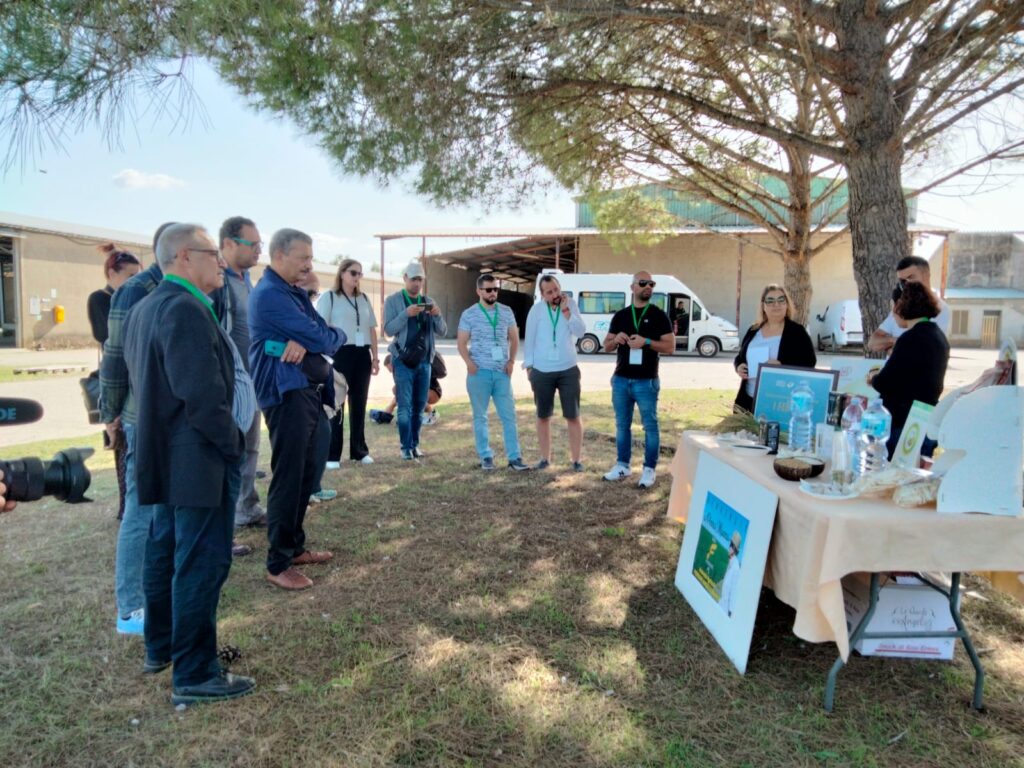
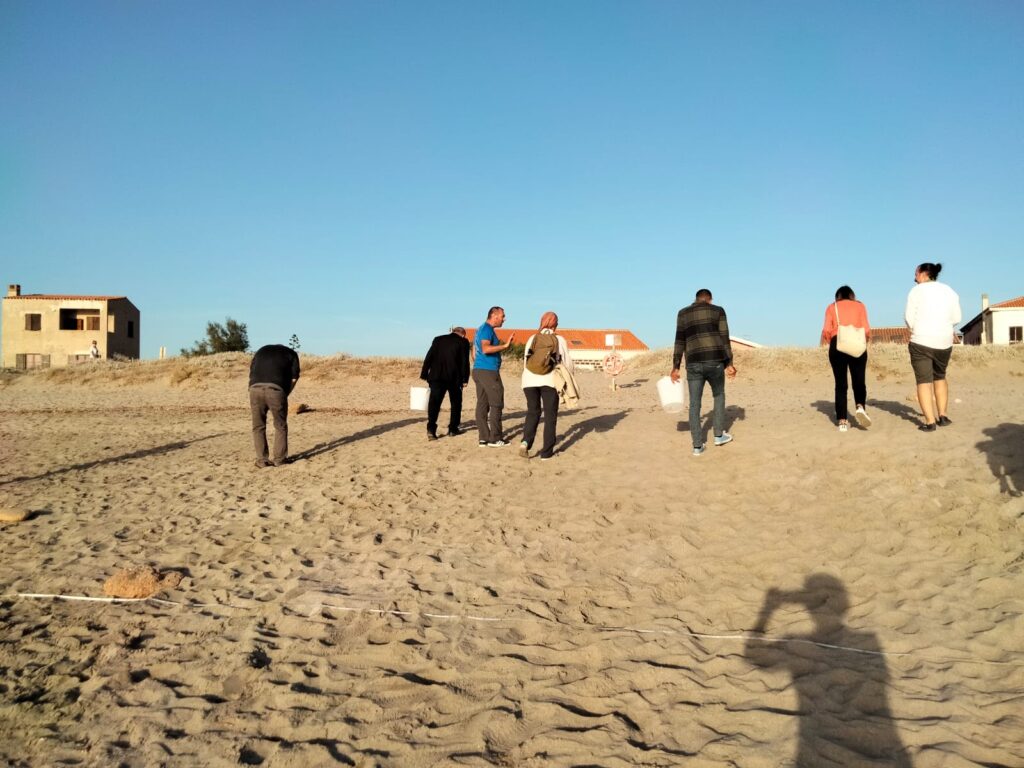
Afternoons were dedicated to field visits to engage with local actors and understand from first-hand applicable models for e.g. smart and precision agriculture with drones, beach litter monitoring and small scales fisheries and aquaculture management.
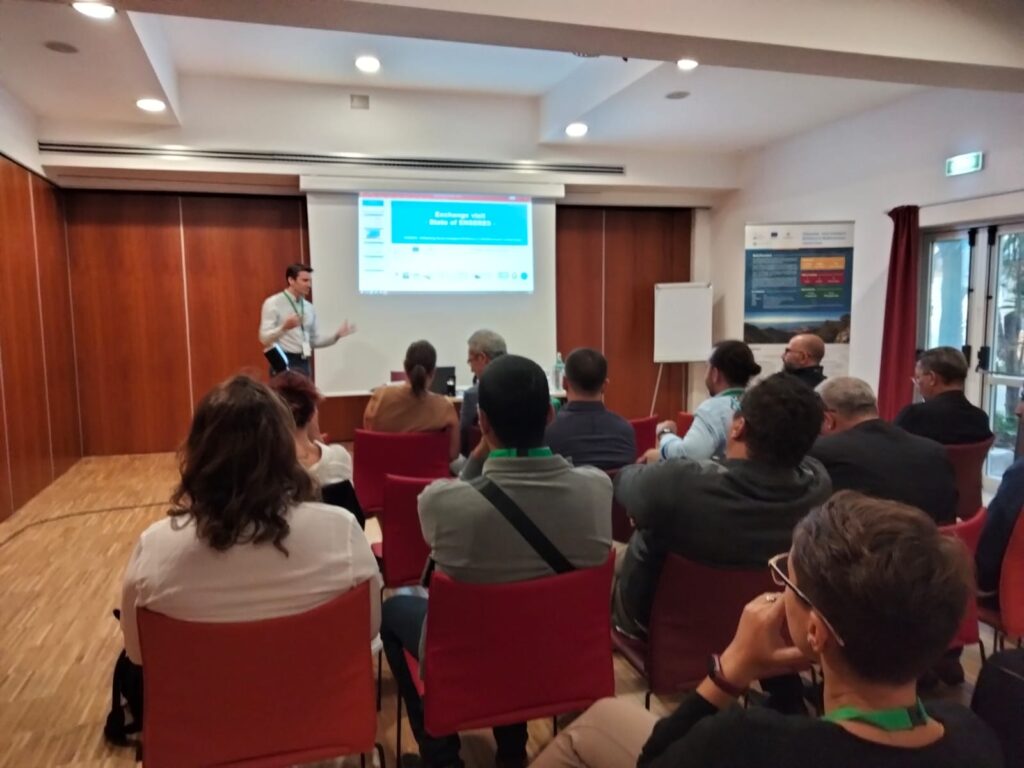
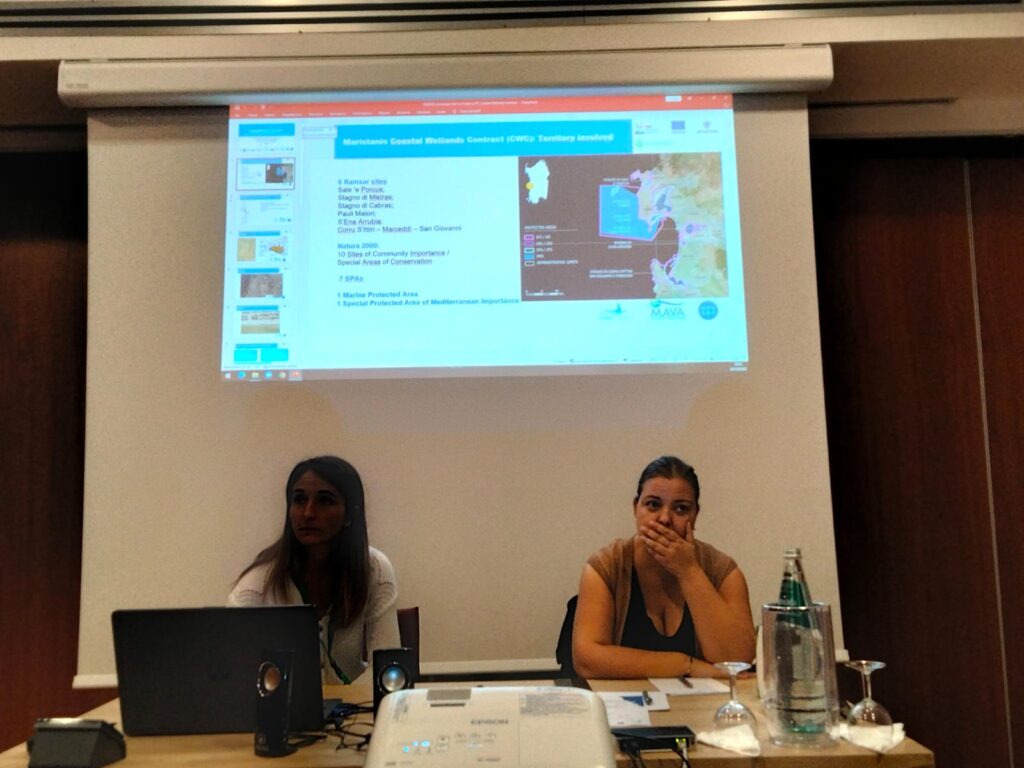
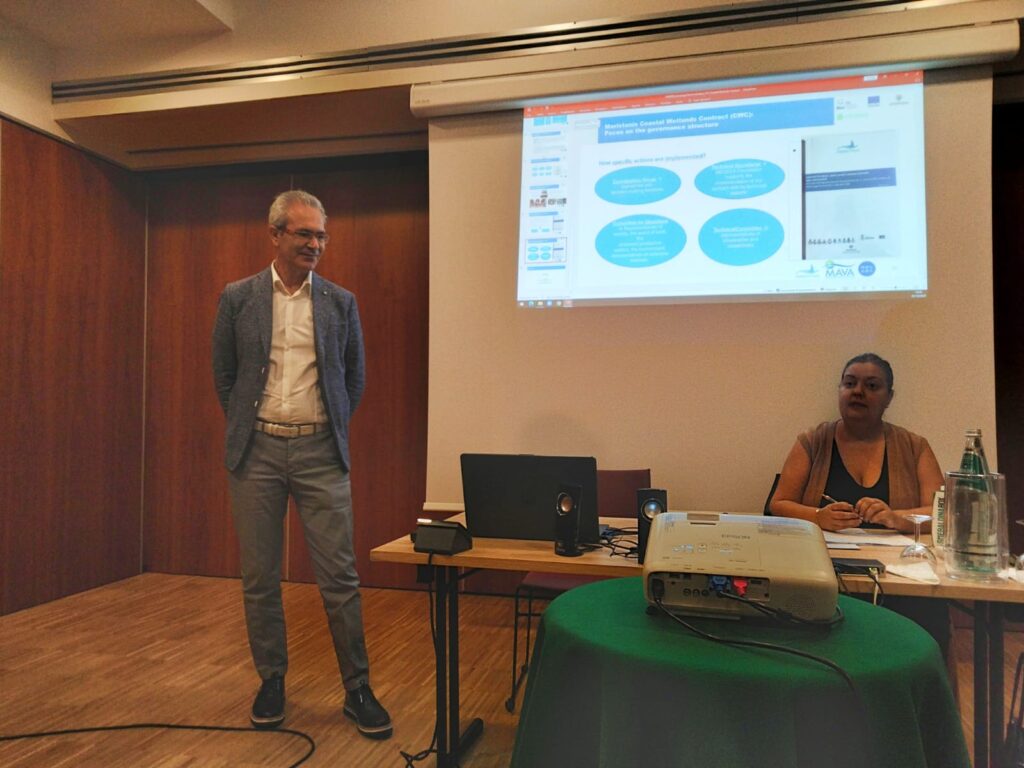
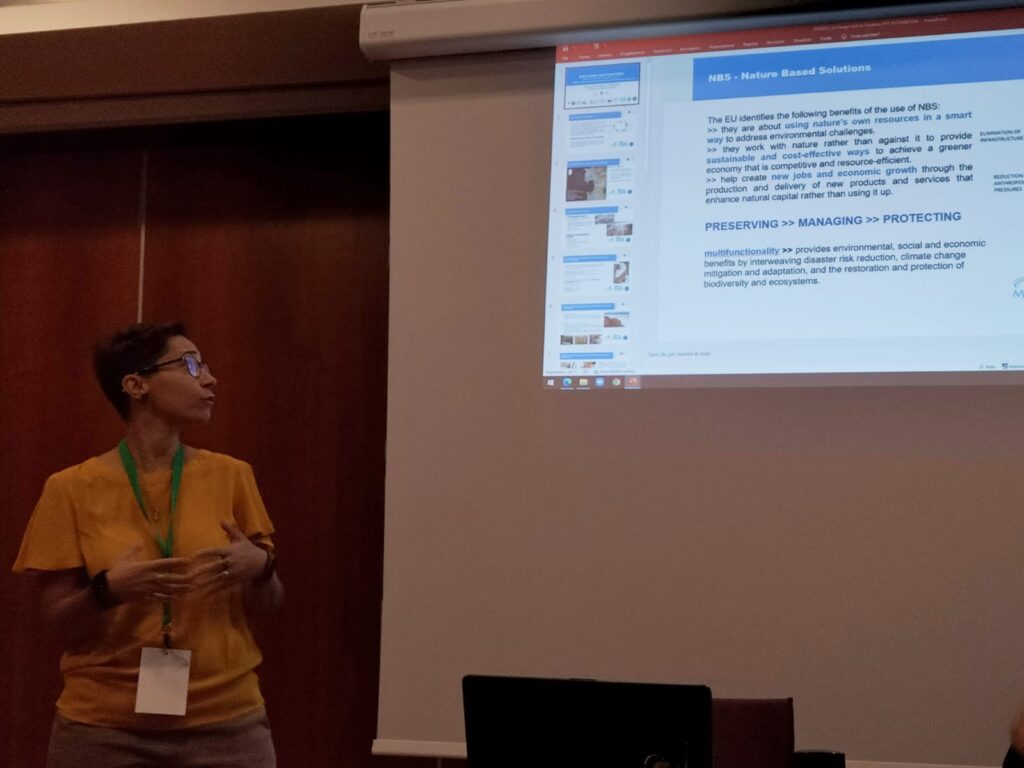


These peer to peer exchange experience is the first of a series of capacity-building actions that will be implemented both in Sfax and in Tyre based on the application of selected solutions from the ENSERES/MBPC Catalogue of Tools. Stakeholders from Sfax identified last September the most promising tools for local uptake including those related to waste and marine litter prevention and management, co-management of artisanal fisheries, governance methods for wetlands conservation and ICZM Decision Support System. The exchange visit has provided the opportunity for first-hand understanding of the implementation of some of them.
Subscribe to the monthly newsletter to receive the latest news.

Nam porttitor blandit accumsan. Ut vel dictum sem, a pretium dui. In malesuada enim in dolor euismod
Nam porttitor blandit accumsan. Ut vel dictum sem, a pretium dui. In malesuada enim in dolor euismod

Nam porttitor blandit accumsan. Ut vel dictum sem, a pretium dui. In malesuada enim in dolor euismod

Nam porttitor blandit accumsan. Ut vel dictum sem, a pretium dui. In malesuada enim in dolor euismod
Nam porttitor blandit accumsan. Ut vel dictum sem, a pretium dui. In malesuada enim in dolor euismod

Nam porttitor blandit accumsan. Ut vel dictum sem, a pretium dui. In malesuada enim in dolor euismod